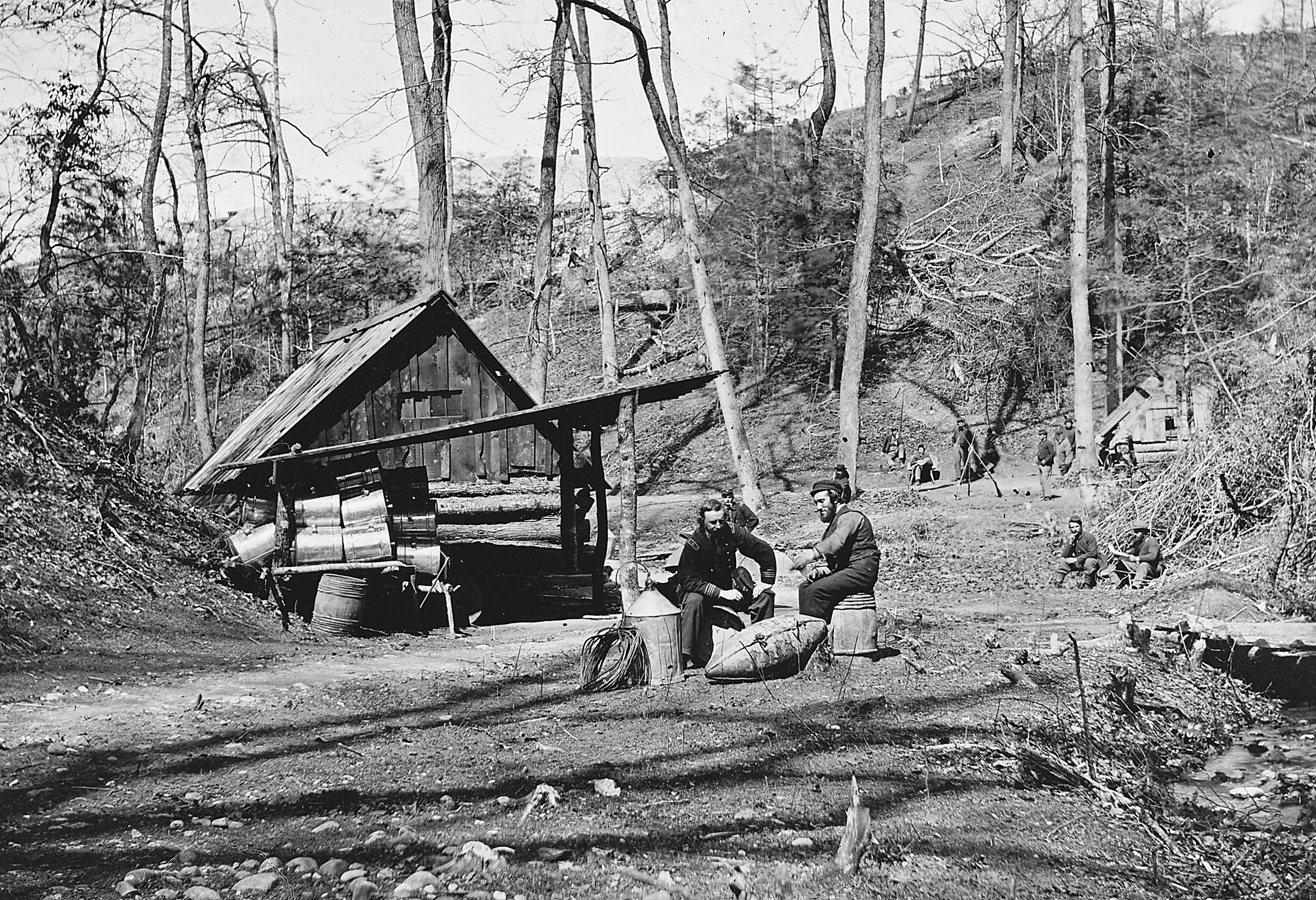


In addition to, and in conjunction with, popular songs with patriotic fervor, the Civil War era also produced a great body of brass band pieces, from both the North and the South, as well as other military musical traditions like the bugle call " Taps". John Tasker Howard has claimed that the songs from this era "could be arranged in proper sequence to form an actual history of the conflicts: its events, its principal characters, and the ideals and principles of the opposing sides". The war was an impetus for the creation of many songs that became and remained wildly popular the songs were aroused by "all the varied passions (that the Civil War inspired)" and "echoed and re-echoed" every aspect of the war. The songs that arose from this fusion were "the first American folk music with discernible features that can be considered unique to America". Army units included individuals from across the country, and they rapidly traded tunes, instruments, and techniques. During the Civil War, when soldiers from across the country commingled, the multifarious strands of American music began to cross-fertilize each other, a process that was aided by the burgeoning railroad industry and other technological developments that made travel and communication easier. The Civil War was an important period in the development of American music. H, 13th Virginia Infantry Regiment in uniform with over-the-shoulder saxhorn The war's music also inspired music artists such as Lynyrd Skynyrd and Elvis Presley.ĭevelopment of American music Unidentified soldier of Co. To this day, many of the songs are sung when a patriotic piece is required. Soldiers of both sides often engaged in recreation with musical instruments, and when the opposing armies were near each other, sometimes the bands from both sides of the conflict played against each other on the night before a battle.Įach side had its particular favorite tunes, while some music was enjoyed by Northerners and Southerners alike, as exemplified by United States President Abraham Lincoln's love of " Dixie", the unofficial anthem of the Confederacy. In camp, music was a diversion away from the bloodshed, helping the soldiers deal with homesickness and boredom. Singing was also employed not only as a recreational activity but as a release from the inevitable tensions that come with fighting in a war. On the battlefield, different instruments including bugles, drums, and fifes were played to issue marching orders or sometimes simply to boost the morale of one's fellow soldiers. During the American Civil War, music played a prominent role on both sides of the conflict, Union (the North) and Confederate (the South).


 0 kommentar(er)
0 kommentar(er)
